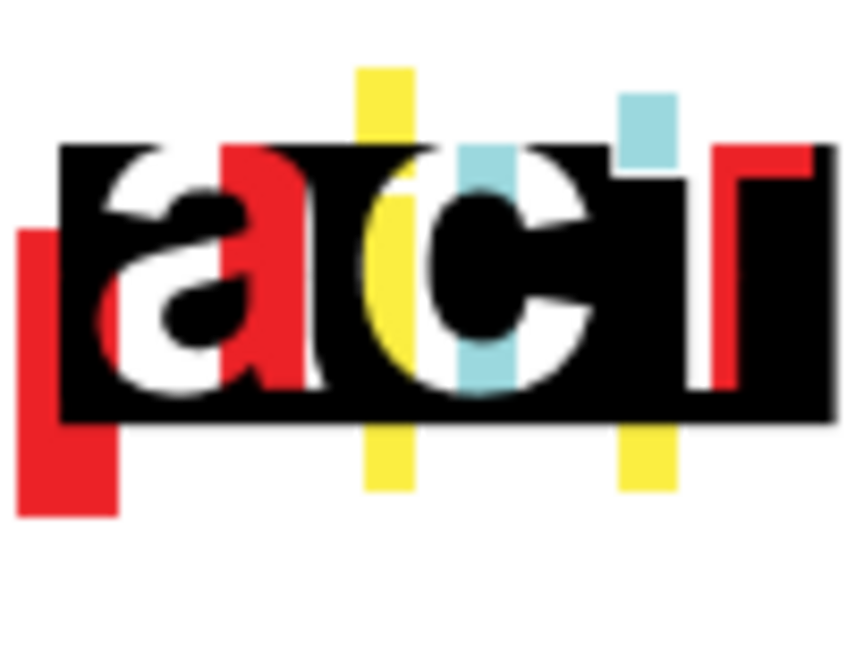Accessible Culture and Training (ACT)

Accessible Culture and Training (ACT)
Background
Accessibility plays a major role in modern knowledge-based information societies. The potential of Accessibility through ICT and Assistive Technologies (AT) for inclusion and participation of all citizens is increasingly growing allowing for a full integration in everyday life. The proportion of people depending on Accessibility (15% in 2013) increases and EU demography shows the growing tendency to eAccessiblity dependency for its ageing population. National as well as European legislation supporting eAccessibility is in place and the UN-Convention on the Rights of Persons with Disabilities, the most powerful, global expression in support of Inclusion and Equality, has a clear focus on eAccessibility, AT and Design for All.
The time has come to establish the new professional profile of media accessibility expert/manager, and its training. Full participation of all citizens in cultural events - as end users or participants - should become part of their daily life as for people without disabilities, restoring the concept of equal opportunity and Human Right of access to culture.
Our objective
The project ACT proposes the definition of a new professional profile, that of the "Media Accessibility Expert/Manager for the Scenic Arts", and also the various types of training activities associated to this profession.
The project focuses on promoting equal opportunities and accessibility to cultural events (scenic arts) across countries and languages searching to establish and qualify the profile of accessibility expert to empower all citizens and especially people with disabilities.
How are we going to achieve it
The project will be developed through a series of activities starting with a study of the current and emerging needs in the field of performing arts in terms of accessibility. The definition of a professional profile, knowledge and skills will be the first step to further activities such as the design of innovative learning activities. These will be developed as both curriculum design and also as a MOOC. Model policy will be designed with the cooperation of regional and local authorities. Finally, the members of the consortium will design and create an accessibility label for the scenic arts. The project will develop a unified European certification scheme for the new professional profile.
Further information on the project: pagines.uab.cat/act

